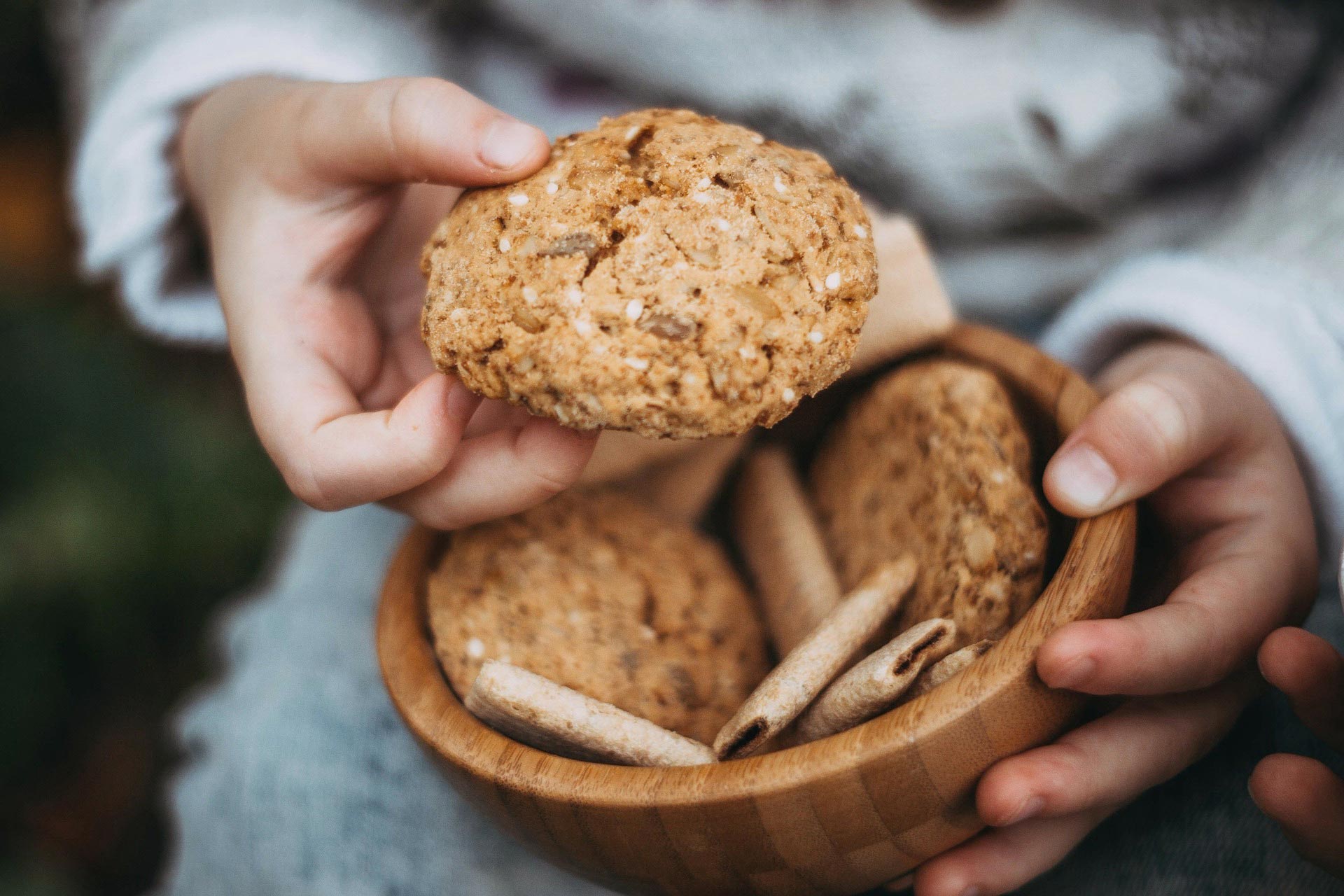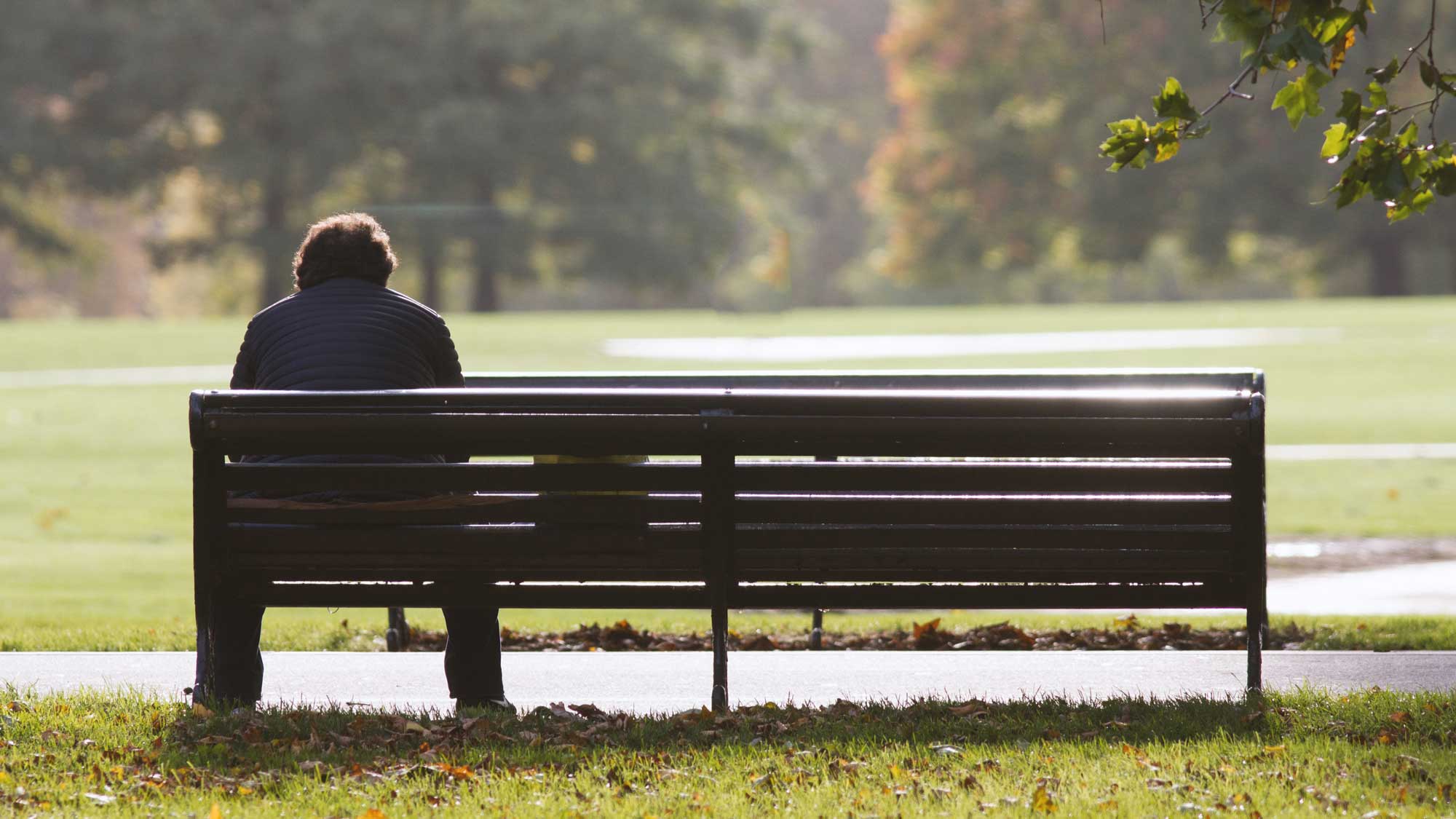Being kind to others can boost your own mood. So, grab an extra coffee for your coworker, take baked goods to the neighbor, or surprise your family with a pizza night to see how your smile will grow with their gratitude.
Why is kindness good for your mental health?
Studies have linked random acts of kindness to higher levels of dopamine and oxytocin. This combination creates the “helper’s high,” a feeling of euphoria and bonding. These brain chemicals aren’t just good for a temporary mood boost. Kindness can also be a treatment for pain, depression, and anxiety.
Substance P, an endorphin-like chemical in the body that relieves pain, is released when you perform a random act of kindness. If that boost isn’t enough, scientists believe oxytocin could be used in the future as an injectable treatment for pain. For mental health, there are programs like mindfulness-based therapy that helps with depression and anxiety through journaling your gratitude and reflecting on acts of kindness.
National Random Acts of Kindness Day
Every February 17 is National Random Acts of Kindness Day. Celebrated by individuals, groups, and organizations around the world, it serves as a reminder to slow down, look around, and do something kind for the people in your life.
Ideas for making an impact on others and yourself include:
- Surprising your coworker with a favorite coffee or treat
- Donating canned goods to your local food bank
- Writing a note to someone you appreciate
- Giving blood at your community blood bank
- Visiting or calling a loved one
Making kindness a habit
Doing random acts of kindness shouldn’t be limited to one day a year. Kindness is most beneficial as a practice—something you work into your daily routine. Whether it’s volunteering at a local non-profit, dropping coins in donation buckets, bringing home your family’s favorite snacks, or holding the elevator for someone you don’t know, kindness can spread joy in your life and the lives of others.






